Social Media Wars: Do You Fight Back? The Answers Might Surprise You.
The digital age gives everyone a microphone. Keyboard courage really does make people think they’re mental giants and with the scourge of bullying, it’s lead to some very dangerous (even deadly) outcomes.
Given my role with clients to help in times of crisis, I’m often push-pulled on this issue of fighting back and engaging not just with my clients but within my myself.
Some clients barely engage their audiences at all and so the choice to block or ignore trolls is obvious. Yet, other clients wage some pretty valuable debates online to sway opinion and motivate the support or opposition of well-informed folks. In those cases, the lines get far more blurry.
If you’re facing online battles, here’s some tactics to consider:
- Be conscious of the larger “listening” audience. We often think in terms of the original poster, yet a response from you is really reaching everyone in that thread and others watching with interest. Seize those opportunities with care and forethought to get your message out.
- Join support or opposition private pages (if they’ll let you). I rarely, if ever, actually make comments. I view it as a sacred trust that I’m allowed to listen in and keep tabs on discussion, education points and topics of concern to shape stronger arguments. Think of it as a living focus group.
- Address inaccurate information as quickly as possible and come prepared. Don’t just refute an argument with an argument. Bring links to data and sources that are not viewed as biased. If you’re dealing with an unhappy customer, apologize and make it right – right then and there. Open the door to talk by phone. Transparency is prized more than ever today.
- Monitor. I use Mention to keep up on all my online and offline chatter. The only place monitoring systems cannot go is private pages (hence, join if you can). My dashboard allows me to reply direct from my own accounts and calculates how far that message we fretted over actually went. Did it go viral? Time to act. Did it just reach their immediate audience of 500? Time to think.
- Engage wisely. I’m often asked if social media’s a Pandora’s Box. “If we start an account, that’s just inviting scrutiny.” Right. Like, if we don’t tell the kids about sex, they’ll never have it. Then one day, you’re wondering just how lack of information resulted in your teenager’s pregnancy. Nature abhors a vacuum. And in the absence of trusted information, people will seek their own sources. Be the source of your information. OWN IT.
- Report threats. Years ago, I would laugh off the online knuckleheads making bold, dangerous threats. Today, it’s no laughing matter. Everyday on the news, we see the online patterns of threatening posts from people who carried out terrible, violent acts. Protect yourself, your staff, your family and friends. Notify the authorities if you feel scared.
It’s important to fight back. It doesn’t have to be direct and open screaming matches. Just stick with some ground rules for engagement and shut off microphones when they get out of line. Be accountable to your organization and customers who are genuinely interested in quality discourse. Being disagreeable isn’t a bad thing; it’s an opportunity to get questions and misconceptions out on the table. Seize those chances to correct information and educate. And when you do it with class, respect and integrity, others listening will hear you too.
Erica Holloway is Founder of Galvanized Strategies and Chief of Strategy of Mouth Marketing.
Read More
Beyond Words: Preparing for a TV Interview Is Less Message, More Image
My first TV coaching session did not go especially well. Frankly, I didn’t know enough to really help myself much less anyone else. In short: I focused on message and not image.
TV quotes do best when they are quick, memorable and visual. Dramatic or even cliche phrases also tend to capture the ear of post-production folks, while the more cerebral and meandering points may end up on the editing room floor.
So what DOES matter? In a word: Appearances.
PRO TIP: You don’t have control over what quotes get used. You do have control over how you appear to handle the subject.
I’m not talking about the qualities of attractiveness. I mean how we seem to handle our topics, especially if they’re controversial.
Are you calm and pleasant? Angry and defensive? Do you come across as knowledgeable and responsive? Or reactionary and hysterical? Do you seem put together or frazzled?
Think of the Kennedy/ Nixon debate. To the radio audience, Nixon handled the questions expertly. To the TV audience, he appeared sweaty and agitated while Kennedy came across calm and measured.
When getting a TV interview request, I’ve learned that routine matters for me as to whether I’ll perform well. For the sake of this example, I’ll discuss my routine for when I’m representing a client:
- Get every little piece of details for the interview I can, including who else is being interviewed and when. That’s important: if the story already has opposing voices, I’ll refine message a bit to redirect.
- Request to do it in as quiet an environment as possible. Usually, TV is a very accommodating on location and that matters when you’re trying to give good, solid answers without microphone disruptions. Nothing is more frustrating than having to give the same answer a couple times because a plane flies over or a truck rumbles by – you never feel as confident when it’s forced.
- Practice, practice, practice my talking points in front of a mirror. While I’m getting ready, I shut the door, turn off my phone and get completely focused on the issue at hand. I need to feel just prepared enough that I can relax.
- Sing! All the way to the interview. I stop thinking about my interview, the questions or talking points. I always show up relaxed, confident and before I walk in – power poses: hands on hips, arms overhead, hands behind my head. I become 10 feet tall inside.
- Breathing. While I’m in the green room or before I get out of my car for a live remote, I breath and focus my energy toward the topic. I know the reporter. I know my surroundings. I know my client. I know my subject. Ready!
- Image. In watching all my TV interviews, I’ve learned a few things about myself. I do, in fact, have a good side. It’s my right, so I try to have my hair on the left. Dangling earrings are a no-no. So is long, untamed hair. I shake my head too much and it’s a big distraction. I don’t smile on both sides of my mouth and I over gesture. That’s only something I do on TV, it’s a nervous thing. I have to consciously remind myself to smile completely and give my hands a rest. I’ve learned not to point, show an open palm to convey trust and listening VERY actively while formulating my answer with a pleasant, slight smile. Remember, the camera is rolling. Mics are hot. Be on your best behavior at all times.
In all that work, messaging is really the smallest component. However, do not think you can stroll into a TV interview and not be prepared. A bad answer can haunt you. Know your stuff, just don’t ignore how you come across because those interpersonal cues tell people more about you than your words. We trust what we see, less what we hear.
If you’re in a position to take interviews, do them all – it’s the only way you’ll get better. I’ve done interviews with every medium including podcasts and online TV through Skype. There’s so many ways to share your knowledge on a subject and more than enough folks out there looking to fill air time. Crush it!
Erica Holloway is Founder of Galvanized Strategies and Chief of Strategy for Mouth Marketing.
Read More